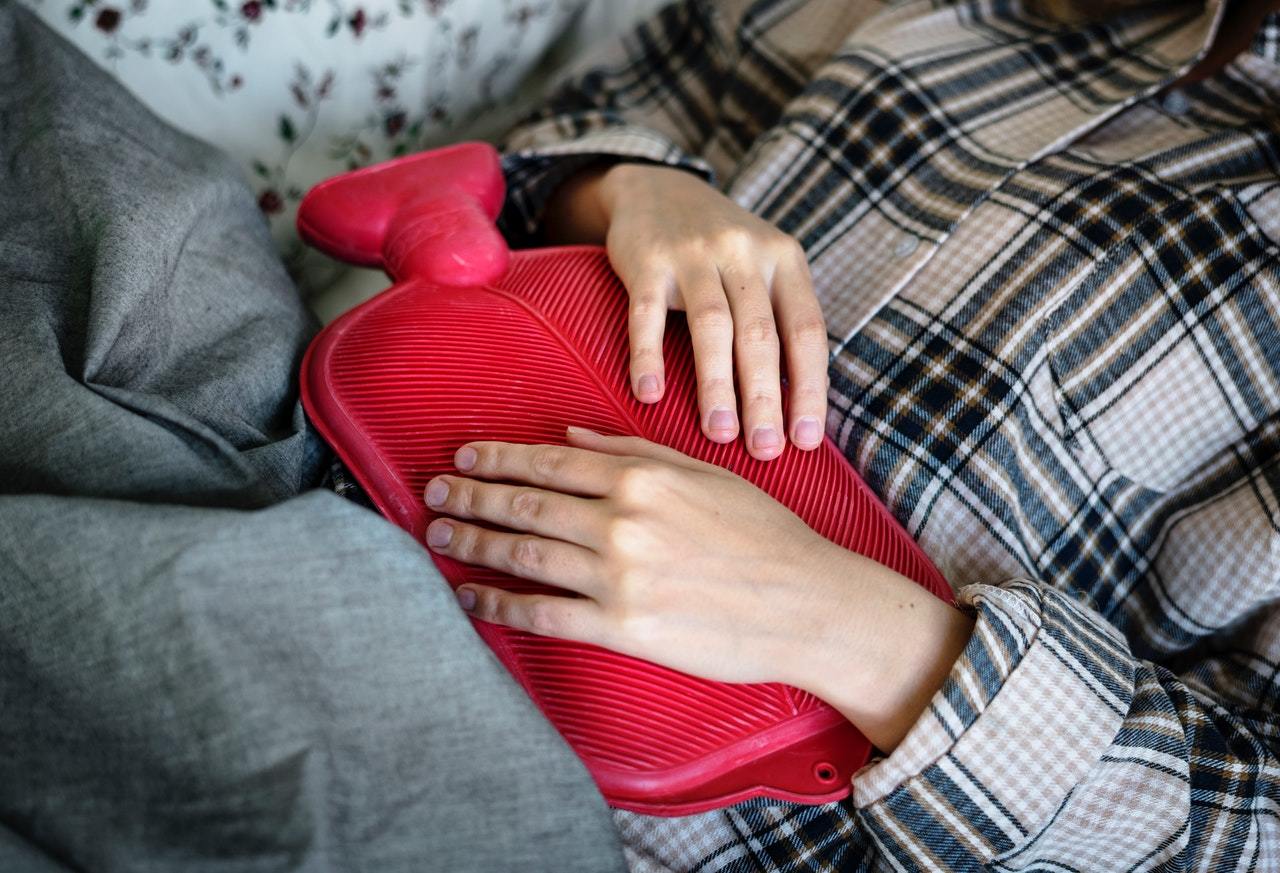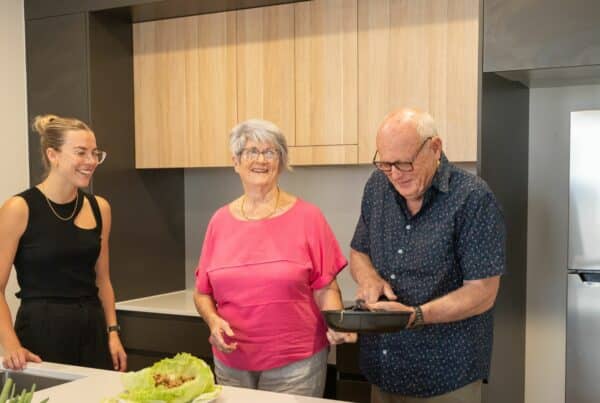Irritable Bowel Syndrome (IBS) is a condition that affects approximately 1 in 5 Australians and is a condition diagnosed by medical exclusion. Often the treatments used for IBS are vague and do not lead to overall alleviation of the symptoms.
There are evidence-based treatment options available, one of which is the low-FODMAP diet which has been shown to minimise IBS symptoms in ~ 65% of people suffering from medically diagnosed IBS. There are also additional factors to consider when treating IBS such as meditative and stress relieving techniques that can also help with the treatment of this condition.
IBS also impacts on quality of life and hence there is a strong link between IBS, depression and anxiety. Making dietary adjustments requires effort but with the support of a trained Accredited Practising Dietitian, the increase in your quality of life is definitely worth the visit.
Diagnosing IBS
IBS is a disorder of abnormal gut motility and it is the least understood, but most common gastrointestinal disorder. IBS isn’t a disease itself but a syndrome, a name given to a collection of symptoms associated with a specific health related cause.
The gold standard for diagnosing IBS is the Rome IV criteria which defines IBS as the following:
Recurrent abdominal pain, on average, at least one day per week in the last three months, associated with two or more of the following criteria for at least three months prior to diagnosis:
- related to defecation e.g. pain eases post-defecation
- associated with a change in frequency of stool
- associated with a change in form (appearance) of stool
If you think you may be suffering from IBS, have a chat with your GP who can assess your symptoms and refer you on for any relevant tests in order to make a diagnosis. An Accredited Practising Dietitian at Fuel Your Life can then help you identify the role of nutrition in your symptom management.







